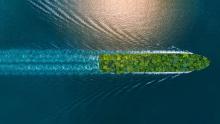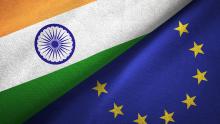
From robots to chatbots, emerging technology can make public administrations more efficient and responsive. It is critical, however, that these innovations are adopted in ethical and trustworthy ways. To address this, the EU-funded ETAPAS project developed a framework to help the public sector handle the ethical, social and legal challenges of emerging technologies.









